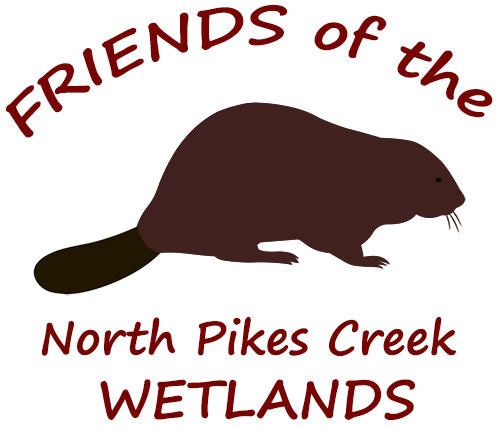WHAT WE DO
PROTECT. ENHANCE. EDUCATE.
OUR PRIORITIES
Wisconsin has lost nearly 50% of its original wetlands – wetlands that provide important services for our community, and homes for 75% of Wisconsin’s wildlife species, including 32% of the states’ threatened and endangered animals. The conserved properties at the head of the North Pikes Creek watershed, properly managed and stewarded, can benefit both people and nature. The Friends of the North Pike Creek Wetlands is focusing on priorities that sound science shows are the most urgent, and where we can make a difference locally for both the habitat and our community.

PROTECT
The Friends of the North Pikes Creek Wetlands has, to date, secured the protection of 410 acres of sensitive wetlands and forests at the headwaters of North Pikes Creek – a Class-1 trout stream and WDNR-designated Tier-1 avian stopover site – at the head of a 6 mile-long wildlife corridor that ends at Chequamegon Bay. These wetlands and forests play a crucial role in the ecosystem by storing water on the landscape, protecting water quality, and providing homes for numerous plant and animal species. With only half of Wisconsin’s original wetlands remaining, the importance of preserving intact, high quality wetland habitat becomes increasingly critical. Protecting the forested wetland habitat long-term, ensures the continuation of the significant ecological functions they provide the creek and the greater watershed.
ENHANCE
Forests are dynamic and every forest is in a state of change at all times. The impacts of climate change, extreme weather, and invasive species currently threaten our state’s forests and wetlands. The FNPCW developed a long-term management plan for their North Pikes Creek Wetlands Conservation Area property to address these dynamics. Informed, science-based management activities will assure the continuation and enhancement of a healthy mosaic of upland and wetland habitats that support a diversity of wildlife, and protect the water quality of the Creek, and ultimately, Lake Superior. Our forests are a tremendous natural asset, and thoughtful, science-based management will ensure that they will continue to offer benefits for both people and the watershed into the future.


EDUCATE
It is widely recognized that people receive significant physical and mental health benefits from connecting with the natural world. The Friends are committed to connecting people to the natural world by investing in educational programming, and in the creation of an outdoor educational space accessible by everyone in the community. Our outreach to the community includes a popular, well-attended “Wetlands and Wildlife” winter speaker series of programs held at the Northern Great Lakes Visitor Center, and educational events and field trips held at Beaver Hollow. The Friends established the Beaver Hollow Outdoor Education Area to address the need for a close-to-home, universally accessible venue, where everyone in the community – from children in strollers to those with mobility issues – can spend quality time in nature at any time and in every season.
WHAT WE'RE WORKING ON

Habitat Stewardship
The Friends are engaged in ongoing habitat stewardship of the conserved property. Volunteers routinely maintain the two pollinator gardens, and build and install additional nest boxes for various avian species. The organization is currently engaged in a 5-year forest transition project, underplanting native trees in the wetland forest. This multi-year effort to replace black ash trees in wetland and riparian forest areas will benefit the entire watershed, and the wildlife that lives there.

Site Enhancements
The Friends’ infrastructure improvements at Beaver Hollow facilitate the engagement of all community members in safe, accessible, nature-based education and recreation activities. Future infrastructure improvements include the installation of additional interpretive signage.
